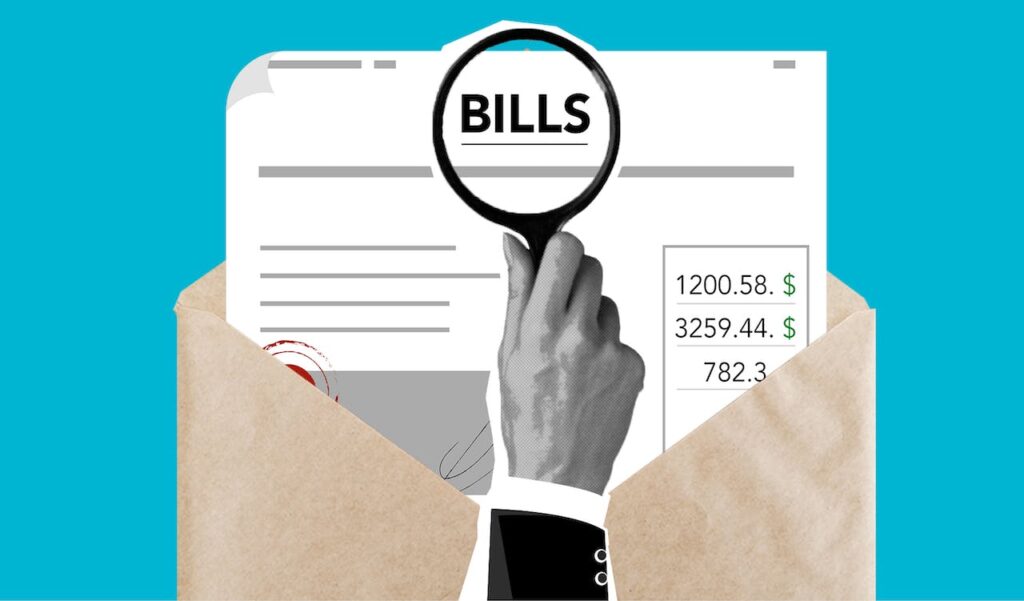
In today’s fast-paced world, the burden of debt can weigh heavily on individuals and families alike. Whether it’s credit card balances, a mortgage, a line of credit, or personal loans, the desire to achieve financial freedom and eliminate debt is a common goal. In this comprehensive guide, we will explore effective strategies to pay off various types of debt faster, providing you with practical steps to regain control of your finances.
Understanding Your Debt
Before diving into specific strategies, it’s crucial to have a clear understanding of your debt landscape. Start by creating a detailed list of all your debts, including outstanding balances, interest rates, and minimum monthly payments. This snapshot will serve as the foundation for your debt repayment plan.
Prioritize High-Interest Debt
Not all debts are created equal. Begin by identifying and prioritizing high-interest debts, such as credit cards. These often carry significantly higher interest rates than other forms of debt, making them more costly in the long run. Allocate extra funds to pay off high-interest debts while making minimum payments on lower-interest obligations.
Create a Realistic Budget
A well-crafted budget is an essential tool in your debt repayment journey. Track your income and expenses to identify areas where you can cut back and allocate more funds towards debt repayment. Consider using budgeting apps or spreadsheets to monitor your progress and adjust your financial plan as needed.
Credit Card Debt
Credit card debt is notorious for its high-interest rates, making it a priority in your debt repayment strategy.
Snowball or Avalanche Method
Two popular methods for paying off credit card debt are the snowball and avalanche methods. The snowball method involves paying off the smallest debt first, providing a psychological boost as you see progress. The avalanche method focuses on high-interest debts first, minimizing the overall interest paid over time. Choose the method that aligns with your financial goals and personality.
Negotiate Lower Interest Rates
Contact your credit card issuers to negotiate lower interest rates. A simple phone call can sometimes lead to reduced rates, especially if you have a good payment history. Lowering the interest rate can significantly accelerate your debt repayment efforts.
Mortgage
Paying off a mortgage can be a long-term commitment, but there are ways to expedite the process.
Make Extra Payments
Consider making additional payments towards your mortgage principal. Even small, consistent extra payments can have a substantial impact over the life of the loan. Check with your lender to ensure there are no prepayment penalties before implementing this strategy.
Refinance Your Mortgage
Explore refinancing options to secure a lower interest rate. Refinancing can result in lower monthly payments or allow you to maintain the same payment while reducing the overall term of the loan. However, be mindful of associated fees and the impact on your credit score.
Line of Credit
A line of credit provides flexibility, but it’s essential to manage it wisely to avoid accumulating long-term debt.
Set a Repayment Plan
Establish a clear repayment plan for your line of credit. Create a budget that allocates specific funds each month to pay down the balance. Avoid using the line of credit for unnecessary expenses while focusing on reducing the outstanding amount.
Consider a Consolidation Loan
If you have multiple lines of credit with varying interest rates, consider consolidating them into a single, lower-interest loan. This simplifies your debt management and may reduce the overall interest you pay.
Personal Loans
Personal loans can be used for various purposes, and paying them off promptly is crucial to maintaining financial stability.
Accelerate Payments with Windfalls
Use unexpected windfalls, such as tax refunds, work bonuses, or gifts, to make significant payments on your personal loans. This approach can substantially reduce the principal amount and the overall interest paid.
Peer-to-Peer Lending Platforms
If your personal loan is from a peer-to-peer lending platform, explore the possibility of refinancing at a lower interest rate. Some platforms allow borrowers to refinance their loans, potentially saving money on interest payments.
General Debt Repayment Strategies
Regardless of the type of debt, certain strategies can be applied universally to accelerate your journey towards financial freedom.
Emergency Fund
Building and maintaining an emergency fund is crucial to avoid accumulating more debt during unexpected financial challenges. Having a financial safety net allows you to cover unforeseen expenses without resorting to credit cards or loans.
Increase Your Income
Explore opportunities to increase your income, such as taking on a part-time job, freelancing, or pursuing additional skills that could lead to a higher-paying job. The extra income can be directed towards debt repayment, significantly speeding up the process.
Cut Unnecessary Expenses
Identify and cut unnecessary expenses from your budget. Evaluate subscription services, dining out, and other discretionary spending to free up more money for debt repayment. Sacrifices made in the short term can lead to long-term financial benefits.
Seek Professional Advice
If managing your debt becomes overwhelming, consider seeking advice from financial professionals. Credit counseling agencies can provide guidance on budgeting, negotiating with creditors, and developing a personalized debt management plan.
Celebrate Milestones
As you make progress in paying off your debts, celebrate milestones along the way. Acknowledge your achievements, whether it’s paying off a credit card, reaching a specific percentage of debt reduction, or successfully refinancing a loan. Recognizing your successes will help maintain motivation throughout the journey.
Paying off debt faster requires dedication, discipline, and strategic planning. By prioritizing high-interest debt, creating a realistic budget, and exploring various repayment methods, you can take significant steps towards financial freedom. Remember that the journey may be challenging, but the rewards—such as improved financial well-being, reduced stress, and increased peace of mind—are well worth the effort. Commit to your debt repayment plan, stay focused on your goals, and embrace the financial freedom that lies ahead.
Affiliate Disclosure: This post contains affiliate links . If you make a purchase through these links, we may earn a commission at no additional cost to you.






